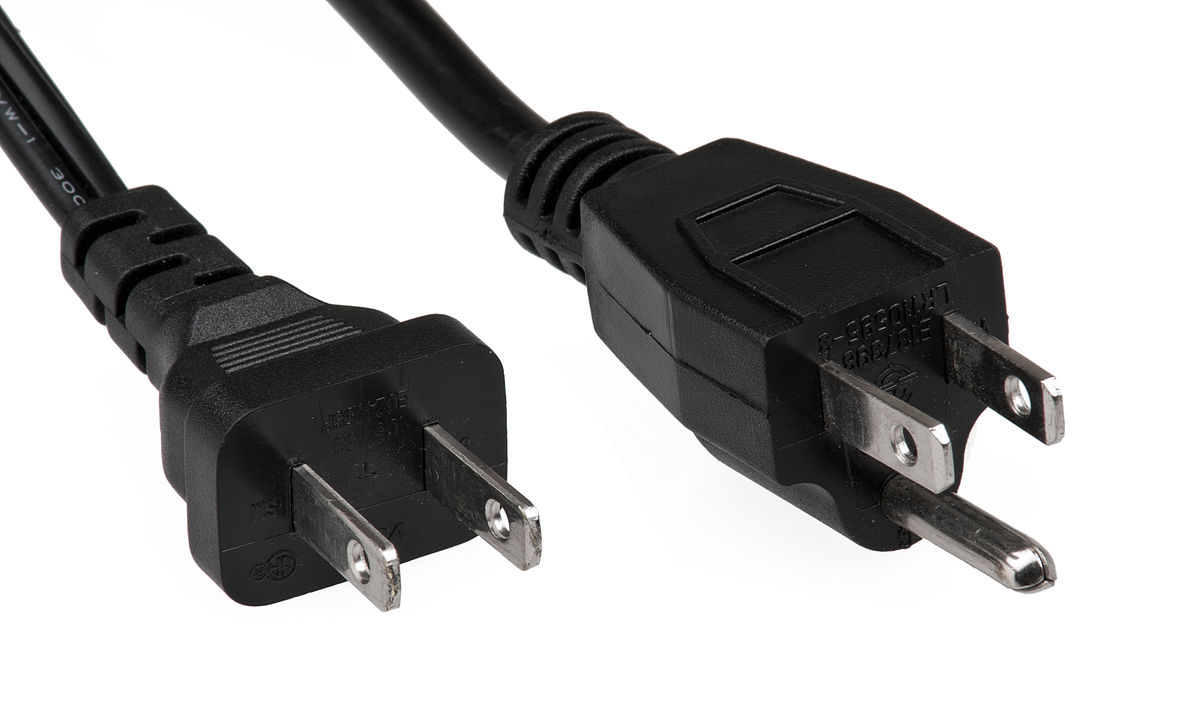josequesado
New Member
- Joined
- Nov 18, 2021
- Messages
- 25
Hi there!
First time posting here... I'm building a van with my partner and the electrics are our biggest headache so far. We are noobs on the subject and so, we would much appreciate if someone could check if our solar setup makes sense or if you would change something.
Our system should be:
- 1x 450W; 24v Solar Panel (Vmp: 41,5V / Cmp: 10,85A) (Link)
- 1x MPPT charger: 20A (Link)
- 2x Lithium batteries 100Ah; 12v (Link) (thinking of expanding it to 300Ah when the budget is available and if needed).
- 1x DC-DC charger to use our alternator (we have a 2017 Mercedes Sprinter) (Link)
- 1x Inverter/charger 2000W; 12v (we are at the moment searching for one that is available in Spain that is Lithium compatible so that we can also charge from shore power).
Is there something that does not fit or that you would do differently?
We saw the DC-DC charger from Renogy but ditched it as it did not look like it would be as efficient as having 2 separete components for solar and alternator.
Thanks for any input!
First time posting here... I'm building a van with my partner and the electrics are our biggest headache so far. We are noobs on the subject and so, we would much appreciate if someone could check if our solar setup makes sense or if you would change something.
Our system should be:
- 1x 450W; 24v Solar Panel (Vmp: 41,5V / Cmp: 10,85A) (Link)
- 1x MPPT charger: 20A (Link)
- 2x Lithium batteries 100Ah; 12v (Link) (thinking of expanding it to 300Ah when the budget is available and if needed).
- 1x DC-DC charger to use our alternator (we have a 2017 Mercedes Sprinter) (Link)
- 1x Inverter/charger 2000W; 12v (we are at the moment searching for one that is available in Spain that is Lithium compatible so that we can also charge from shore power).
Is there something that does not fit or that you would do differently?
We saw the DC-DC charger from Renogy but ditched it as it did not look like it would be as efficient as having 2 separete components for solar and alternator.
Thanks for any input!



